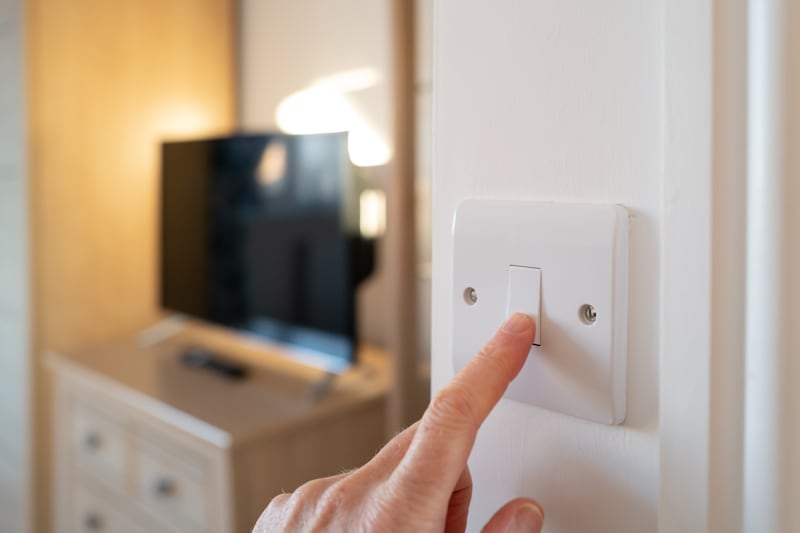The north’s biggest domestic electricity supplier, Power NI, reported a loss of £71.3 million in its latest financial year, despite making a pre-tax profit of £205m, accounts filed with Companies House show.
The power company, which is owned by the Dublin-based Energia Group, saw its revenue surge by 30% to £1.454 billion in the year to March 31 2023, on the back of rising electricity prices and a jump in revenue from its power procurement business (PPB).
The PPB largely relates to Power NI’s role in administrating the sale of wholesale electricity from Ballylumford power station into the I-SEM, which is the wholesale electricity market for Northern Ireland and the Republic.
The additional £335.8m in revenue in the year to March 31 2023 helped produce a profit before tax of £205m, which after tax left Power NI with a profit of £165.9m for the financial year.
But the company’s accounts go on to factor in around £295m of losses for the period, leaving it with a bottom line loss of £71.3m.
Power NI said the losses were due to hedges in place covering commodity swaps on power and gas.
Energy hedging is a practice within the sector, often seen as a way for suppliers to protect themselves against unexpected price surges, but it can carry risks.
If suppliers buy too little, they may have to turn to what’s known s as the ‘spot market’ to ‘top-up’ their supply, which means buying at real-time prices, which can be expensive and volatile, especially if suppliers have to sell energy at a loss.
Wholesale natural gas is a significant factor in how electricity tariffs in Northern Ireland are calculated.
The wholesale price of natural gas dramatically spiked across Europe during the summer of 2022, the period covered in Power NI’s latest accounts.
Power NI’s total comprehensive income for the previous year (2022) was £234.5m.
Asked about the huge loss included in its latest accounts, a spokesperson for Power NI said: “The c£295m included in the statement of comprehensive income relates to hedges in place covering commodity swaps (power and gas).
“This reflects movements in valuations of commodity hedges between years and is in line with accounting standards for derivative financial instruments.”
Power NI is the only regulated electricity supplier in Northern Ireland, which means any increases or decreases in domestic tariffs is subject to a review with the Utility Regulator.
But it’s understood that the Utility Regulator only reviews Power NI’s regulatory accounts.
The annual accounts Power NI filed with Companies House show it lost 12,200 domestic customers in the year to March 31 2023, but it still retained a 56% market share of the residential market (477,900 customers), and a 27% share of the non-residential market (38,700 customers).
During the reported period, Power NI was subject to four reviews of its regulated electricity tariffs.
It resulted in a 27.5% increase, announced in May 2022, and a 60.5% increase, announced in October 2022, which coincided with the introduction of the UK Government’s energy price guarantee (EPG) discount scheme, leading to a net 10.4% decrease in bills from November 2022.
A 14% decrease was later announced in December 2022 and a 16.2% decrease, announced in March 2023. However the winding down of the EPG scheme resulted in tariffs increasing by 14%.
Power NI’s accounts show the UK Government paid it £112.8m in the last financial year to cover the EPG support to domestic customers.
The accounts also reveal Power NI ‘over recovered’ by £129.7m against its regulated entitlement in 2022-23, resulting in a cumulative over-recovery of £188.1m.
A spokesperson for Power NI said it had already started to return the sum to customers through reduced tariffs.
“We can reassure customers that as the only regulated electricity supplier locally, we will always pass on any savings directly to them, as we have been doing and will continue to do in the future.”







